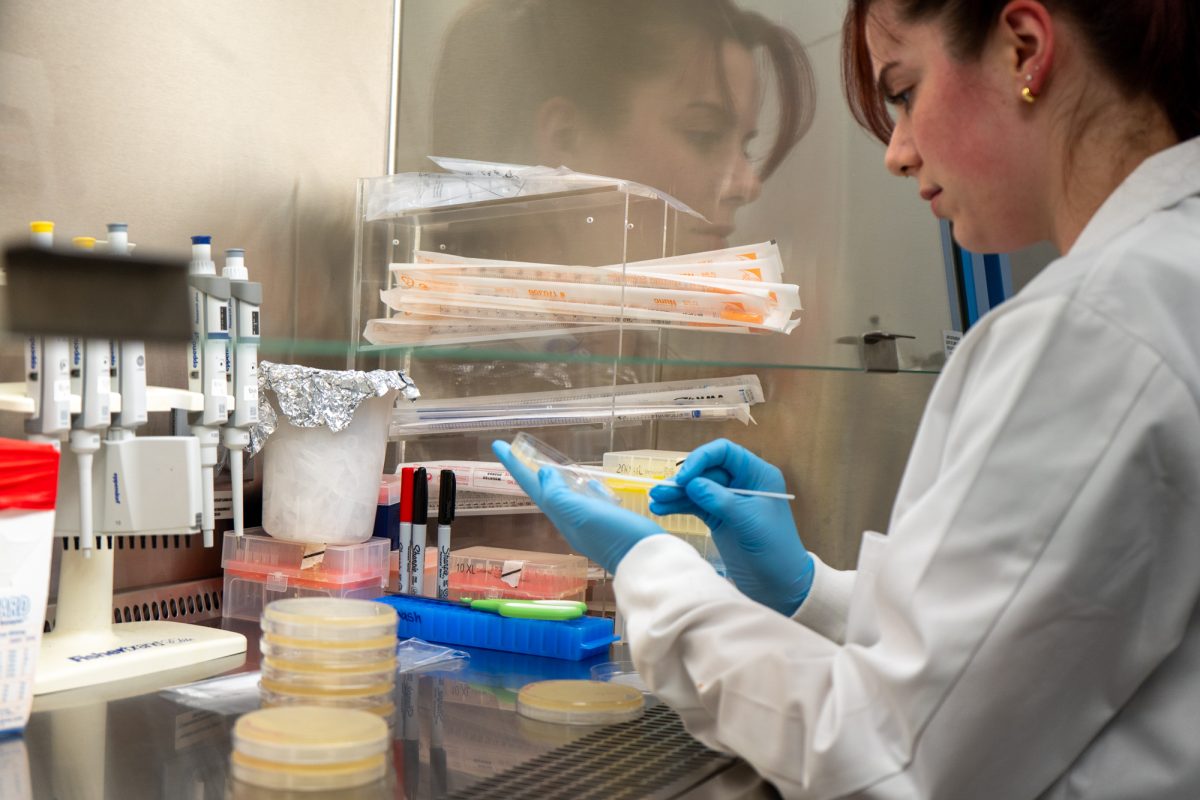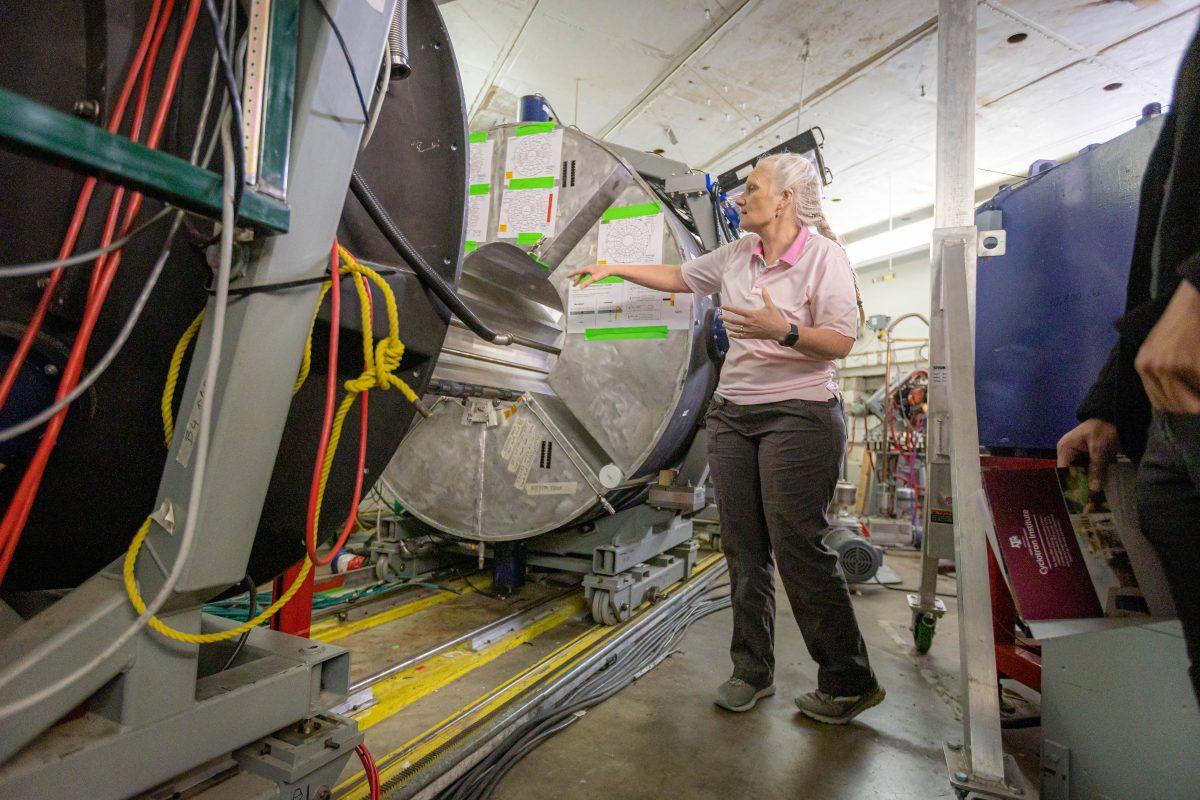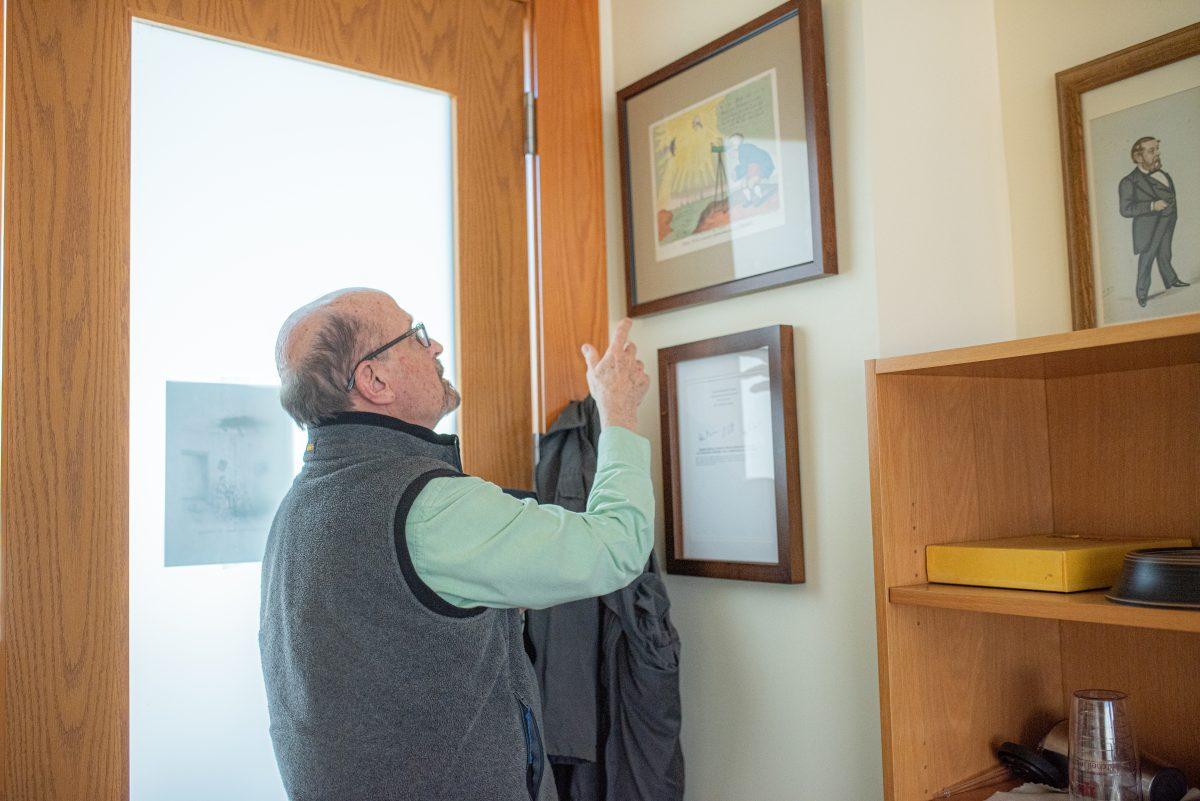When it comes to the world of science, discoveries and breakthroughs are made every day. To help you keep up with them, The Battalion compiles a few of the most compelling scientific stories from this past week.
Social Science: Study shows self-employed people are happier and more engaged
According to a new study of 5,000 workers, people who are self-employed are more happy and engaged than others in any other profession. The study found that despite having longer hours and less job security, these people were happier with more freedom and control on their work life.
The study, done by Peter Warr, professor from the Management School and Ilke Inceoglu, professor from University of Exeter, looked at data from the United States, the United Kingdom, Australia and New Zealand to focus on people’s job engagement. When looking at a number of industries including retail, health, IT, finance and education, self employed individuals enjoyed the fact that they use their own expertise, and prefer accomplishing goals in their area of expertise.
Health: Stem cell therapy reverses sight loss
A treatment for age-related macular degeneration (AMD), the most common type of blindness, could be released in the next five years, according to a new study published. The research allowed two patients to use a stem cell therapy to help restore their sight.
AMD destroys a person’s central vision and the stem cell research let the scientists implant a patch of stem cells in the back of a person’s eye to restore the patient’s central vision. The improvement in vision was judged by a person reading lines in a reading chart. Both patients improved over time with one of them starting from one word a minute to now over 80 words a minute. The researchers hope to move forward with more trials to ensure the safety of the therapy and then hope to bring it to the open market.
Medicine: Autism’s social defects are reversed by anti-cancer drug
New research from the University of Buffalo shows the first evidence of alleviating behavioral symptoms that come with autism. Published in Nature Neuroscience, the research used a small dose of the drug romidepsin in mice and the three day treatment saw a shrinkage in the mice’s gene Shank 3, an important risk factor in autism.
The overall effect of the treatment lasted three weeks, which spanned from childhood to adolescence in mice. This is equivalent to several years in a human and gives scientists hope that a similar treatment can last a while for humans. The study builds on previous research by Zhen Yan, professor in Biomedical Sciences at University of Buffalo, and shows how Shank 3 disrupts neuronal communications by affecting the function of the n-methyl-D-aspartate (NMDA) receptor, a critical player in regulating cognition and emotion. Yan’s new startup company, ASDDR, recently received a $770,000 grant to continue their researching their findings.
This week in science
March 21, 2018
Photo by Creative Commons
Week In Science
0
Donate to The Battalion
Your donation will support the student journalists of Texas A&M University - College Station. Your contribution will allow us to purchase equipment and cover our annual website hosting costs.
More to Discover








